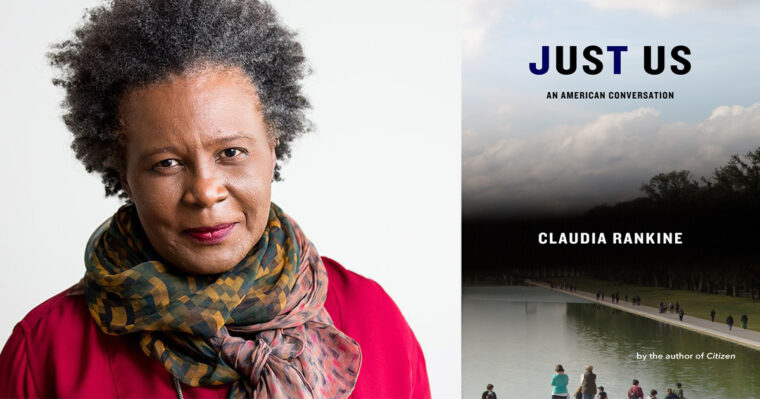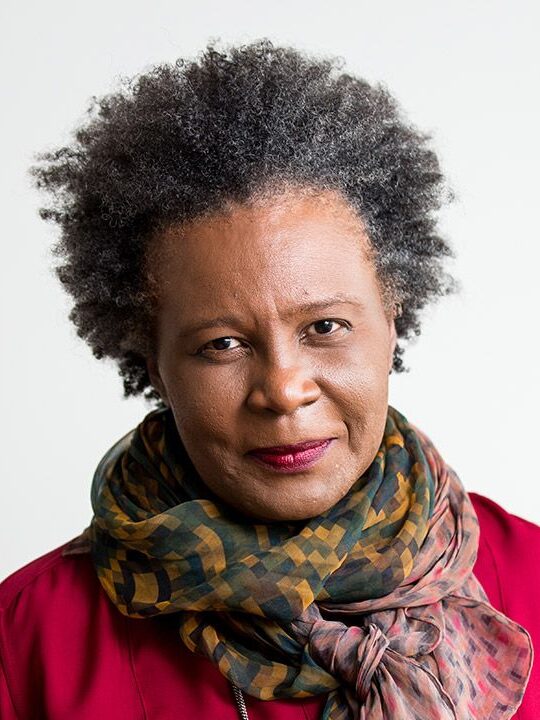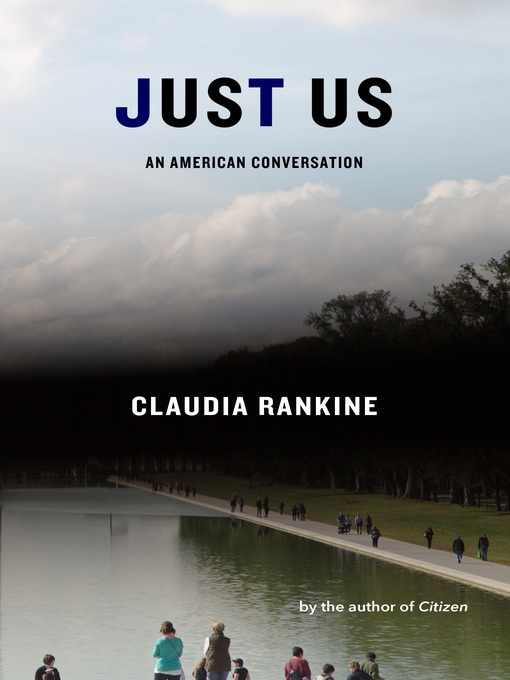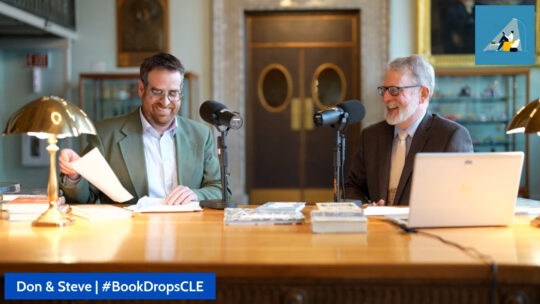The Art of Speaking Up: Claudia Rankine Discusses Race and Whiteness in America
On July 24, Literary Cleveland’s 2021 Inkubator writing conference culminated in a keynote address from author Claudia Rankine, who discussed the power of engaging in conversation about race and whiteness in America. The event was moderated by ideastream reporter Shelli Reeves and presented by Cleveland Public Library. Rankine’s latest book, Just Us: An American Conversation, […]


On July 24, Literary Cleveland’s 2021 Inkubator writing conference culminated in a keynote address from author Claudia Rankine, who discussed the power of engaging in conversation about race and whiteness in America. The event was moderated by ideastream reporter Shelli Reeves and presented by Cleveland Public Library.
Rankine’s latest book, Just Us: An American Conversation, mines the conversations she had with strangers and friends through a collection of essays, annotations, images, and poetry. Rankine described Just Us as “a book about conversation—what it means to be in close reading with one another, and what it means to feel comfortable expressing your own views, feelings, and experience to another.”
Among other conversations, Just Us documents the discussions Ranking initiated with strangers in airports—specifically, with white men. As a Black woman engaging these men in conversation during what she calls the “in-between times” of travel, she often arrived at frank and surprising dialogues. (The New Yorker pointed out that many of these interactions “inspire a nervous excitement, somewhere between dread and hunger.”)
Rankine’s friendly chat with a white man during a flight took a turn, for example, after he claimed he “didn’t see color.” When Rankine pressed him on that comment, he admitted it had been an inane thing to say. Later, when the two corresponded further, he called Rankine’s response in the moment “an act of both courage and generosity.”
Rankine said she considers the process of having these conversations “an important dynamic in relational living,” even and especially considering how difficult they can be. When a stranger casually comments that he doesn’t see color—or, in a separate anecdote in Just Us, when a man bemoans his son’s inability to “play the race card” to get into an elite university—Rankine, like most people, might be more comfortable staying quiet. But by speaking up, she is able to deepen the conversation.
The Art of Speaking Up
In addition to the content of Rankine’s conversations, Just Us includes annotations that offer historical and cultural context behind each dialogue. In this way, she peels back the layers of discourse to show what might be backing up someone’s words.
Of course, to get to that point, one must be brave enough to speak up in the first place. Rankine acknowledges that we are conditioned to consider it impolite to speak our minds when we hold a different viewpoint from our conversational partners—an impulse she resists.
“Disagreement doesn’t mean you’re silent,” she said. “It means you articulate what it is you believe in, and why you believe it.”
Rankine sees Just Us as a template for this endeavor. Her own evolving efforts to speak up, she adds, are evident throughout her body of work.
“Don’t Let Me Be Lonely is a book very much in my head. It’s me in the world walking the streets of New York after September 11 thinking about how hate informs, how fear informs. The book is a meditation,” she says. “By Citizen, I was interviewing other people about how racism affects them. Just Us where I began to speak—where I, Claudia Rankine, actually spoke back in the book. So if I look at the trajectory of the books, I would say it’s not until Just Us that I have allowed myself to come forward as myself on the page.”
Honest Conversation
Rankine considers these dialogues more vital now than evet. The annotations in Just Us speak to the value of knowing history and how it affects our present-day interactions—because without a grasp of that history, the greater context behind a conversation is lost.
“A lot of things are not taught in schools that should be taught in schools,” Rankine said. “That’s why libraries are important—because you can get your own information.”
Engaging in these kinds of frank conversations about race, privilege, and other pressing matters requires trust and care. Rankine hired a psychiatrist to help her analyze her own reactions to the conversations that appear in Just Us, and she approached each discussion and its aftermath thoughtfully.
“I’m interested in conversing with people who want to converse, but that’s a call you make relative to the person in front of you. You have to trust yourself, trust how you’re feeling, and privilege how you’re feeling in those moments,” Rankine said. “I think we’re already having more and more honest conversations, and I feel like more and more people are risking it—at their dining room tables, with their friends. I have received letters where people say that they are now trying to teach themselves to have [these] conversations.”
“The more kinds of conversations we can have,” Rankine added, “hopefully will allow some of us to move forward together.”


